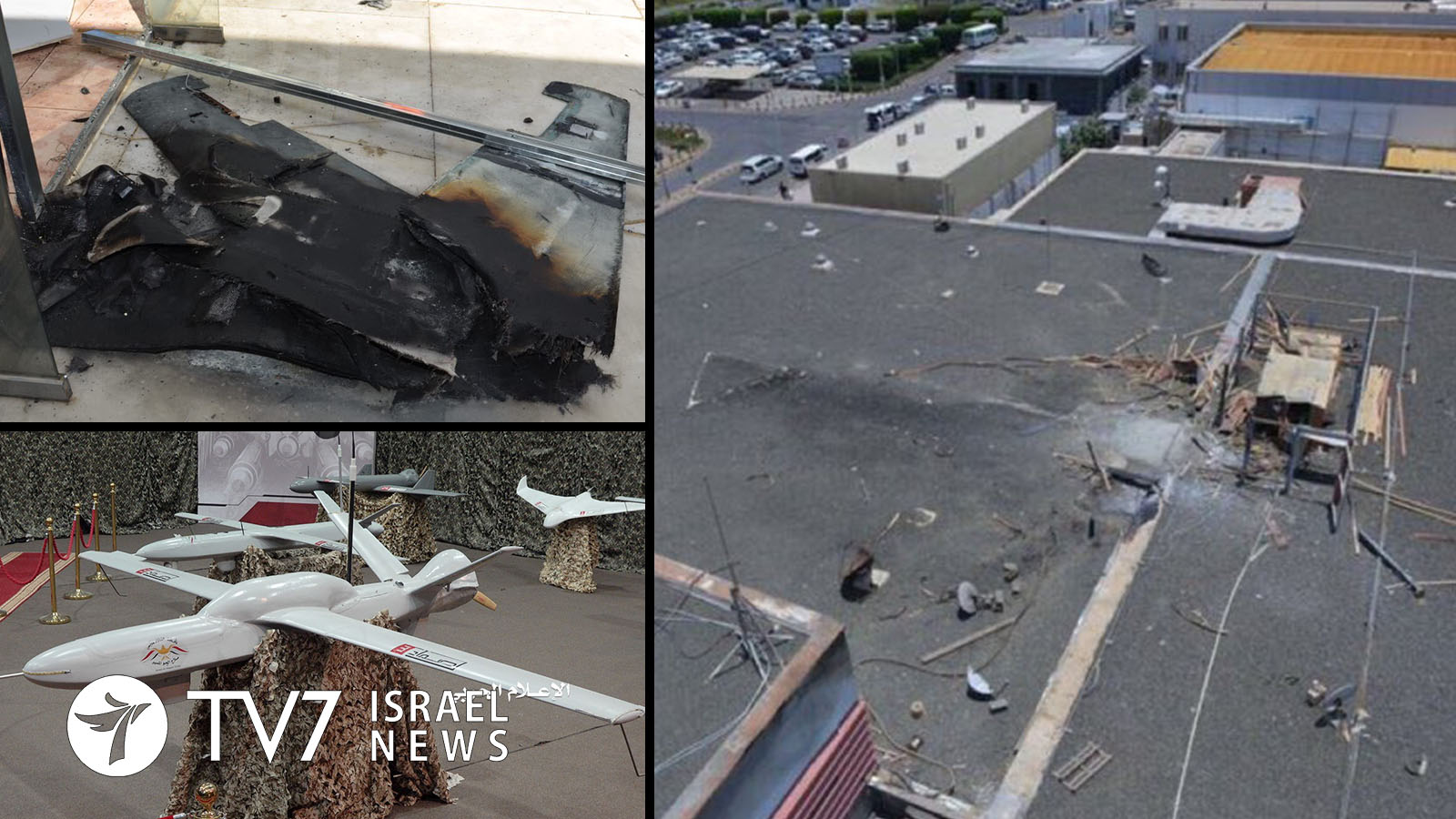Saudi state television reported drone strikes on its Abha Airport by the Iran-backed Houthi rebel group in Yemen.
By Erin Viner
A second armed drone was intercepted by the Saudi-led coalition fighting the Houthi, reported Ekhbaria TV, disclosing that debris from the counter-assault wounded at least 8 people and damaged a civilian airplane inside the airport. Further details were not provided.
The Houthis did not claim responsibility for the attack, but the Iran-aligned group regularly fires drones and missiles into Saudi Arabia.
The coalition intervened in March 2015 after the Houthis ousted the internationally-recognized government of President Abd-Rabbu Mansour Hadi from power in the capital Sana’a and most of northern Yemen.
The conflict is largely viewed as a proxy regional war between Saudi Arabia and Iran. Riyadh accuses Tehran of supplying arms and training to the Houthis, a charge rejected by the Islamic Republic. The Houthis deny being Iranian puppets and assert that they are fighting a corrupt system and foreign aggression.
The official name of the Houthi forces is “Ansar Allah,” meaning “Allah’s Supporters” in Arabic. The armed Islamist political movement formed in northern Yemen during the 1990s. Both they and Iran are followers of Shi’ite Islam, as is Tehran’s other proxy militia, the Hezbollah terror group. The Houthis slogan since 2003 has been “Allah is great, death to the US, death to Israel, curse the Jews, and victory for Islam.”
The United States strongly condemned the latest Houthi attack on the civilian Saudi airport.
“Since the beginning of the year, Saudi Arabia has endured more than 240 attacks from the Houthis, who have endangered the Saudi people alongside more than 70,000 US citizens residing in Saudi Arabia,” said Secretary of State Antony Blinken in a statement.
“The Houthis have also intensified their attacks inside of Yemen in recent weeks, particularly their offensive on Marib. This costly, stalemated offensive is exacerbating Yemen’s humanitarian crisis. The Houthi attacks are perpetuating the conflict, prolonging the suffering of the Yemeni people, and jeopardizing peace efforts at a critical moment,” Secretary Bliken underscored, stressing that Washington reiterated its “call on the Houthis to uphold a ceasefire and engage in negotiations under UN auspices.”
Despite the latest hostilities between the Muslim regional rivals Tehran and Riyadh, the Shi’ite Islamic Republic revealed that it is planning to hold a fourth round of talks with Sunni Saudi Arabia in Iraq after the new Iranian government is set up.
Iran and Saudi Arabia have been at loggerheads for years and severed diplomatic ties in 2016. The two regional powers routinely engage in backing allies on opposing sides proxy wars in Yemen, Syria and elsewhere.
Tehran confirmed publicly for the first time in May that it had been holding talks with the Saudi Kingdom aimed at exploration of ways to resolve the sides’ outstanding disputes, although since that time hardline new Iranian President Ebrahim Raisi was elected and sworn into office on 5 August.
The declaration of plans for new talks came from Iran’s Ambassador to Iraq Iraj Masjedi, who was cited by the semi-official news agency ISNA as saying yesterday that, “We have had three rounds of negotiations with the Saudi side, and the fourth round is to be held after the formation of a new Iranian government.” The comments come just days after a regional summit was held in Baghdad to help diminish tensions among Iraq’s neighbors.
Last Wednesday the Iranian Parliament greenlighted all but one of Raisi‘s nominees, to form a cabinet of hardliners set to reverse US sanctions imposed in 2018 when Washington exited Tehran’s 2015 nuclear deal with six powers that severely impacted the Islamic Republic’s oil revenue and barred it from the international banking system.
Iran’s new Foreign Minister is Hossein Amir-Abdollahian, who maintains an anti-Western stance and is believed to have close ties with the country’s elite Islamic Revolutionary Guards Corps (IRGC), Lebanon’s powerful Hezbollah movement and other Iranian proxies around the Middle East. His former posts included serving as ambassador to Bahrain, Deputy Foreign Minister for Arab and African affairs 2011-2016, and Deputy Chief of Mission at Iran’s Embassy in Iraq 1997-2001.
Raisi’s new cabinet also includes several IRGC leaders such as Interior Minister Ahmad Vahidi, a former Defense Minister who once commanded the Revolutionary Guards’ Quds Force. Several other members are on US or European Union sanctions lists. Ex-Deputy Oil Minister and Managing Director of the state-run gas company Javad Owji was approved as Iran’s new Oil Minister, but Raisi’s nominee for the Education Ministry was rejected due to a number of issues including lack of experience in the field.
Iran has been holding talks with world powers in Vienna since April aimed at reviving the Joint Comprehensive Plan of Action (JCPOA) that curbed Tehran’s nuclear program in return for lifting international sanctions. Following the sixth round of the talks on 20 June, both Iranian and Western officials said that major outstanding gaps would need to be resolved in order for either Tehran or Washington to resume full compliance with the deal.
Iran has repeatedly and openly violated limits on its enrichment of uranium – a possible pathway to nuclear weapons – since 2019; although it has always denied seeking the development of atomic bombs.
While Raisi has voiced backing of the Vienna Talks, insiders predict his government will adopt a tougher line when they resume. No new date for the next round of negotiations has yet been declared.
